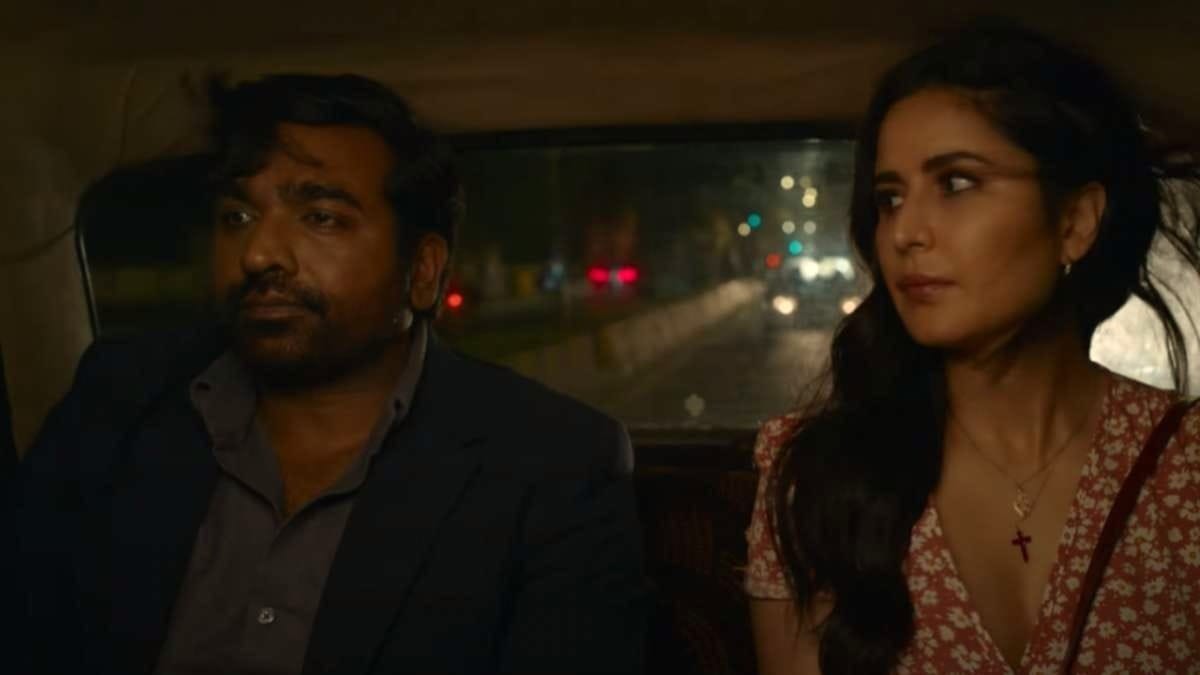Merry Christmas, dir. Sriram Raghavan
Two strangers get entangled in a murder mystery over the course of a long Christmas Eve night in 1980s Mumbai. This might sound unremarkable, but writer-director Sriram Raghavan elevates this adaptation of a French crime novel into a slow-burn noir romance that borrows from both Richard Linklater and Albert Hitchcock.
That Hitchcock influence is strong. Where Ragahavan's last film Andhadhun deployed Hitchcockian pacing and tension to pull off its high-concept story (blind pianist witnesses a murder!), Merry Christmas leans into Hitchcockian dread and atmospherics to tell a love story. (Curiously, Merry Christmas feels more like Hitchcock than Andhadhun does, even if the latter lies closer to Hitchcock's classic mysteries.)

Whereas Andhadhun had a plot stuffed with twists you never saw coming, the main mystery in Merry Christmas is that kind of whodunit the audience simply cannot solve because crucial clues are deliberately omitted. Regrettably, once the mystery is resolved near the end of the second act, the rest of the film feels fairly predictable.
The chemistry between Sethupathi and Kaif is palpable and potent, even if their dialogue is not as naturalistic and breezy as Julie Delpy and Ethan Hawke's in Before Sunrise. Sethupathi's restraint (punctuated with bursts of romantic boldness) nicely plays off Kaif's natural bubbliness and charm.
Led by Katrina Kaif, this film has a slew of strong female characters. Kaif's character is deliciously complex—femme fetale fused with manic pixie dream mother, but the sum of these parts never quite transcends the whole. There's a fair bit of tonal whiplash when Kaif needs to shift between these tropes.
Another notable female in the film is the non-nonsense police chief in charge of investigating the central mystery (played perfectly by veteran actor Radhika Sarathkumar). Yet, the acts of violence that drive the film's plot are all against women, committed by their male partners. It's hard to say if this film is feminist or misogynist, even if it is a broadly enjoyable film that deserves to be seen by audiences beyond India.
Member discussion